As rosehips (often also Rose apples) are the fleshy, mostly red fruits of various (wild) rose species.
Occurrence & cultivation of rose hips

Depending on the region and language usage, rose hip but many other terms can also be used, of which "rose apple" is probably the most appropriate description with regard to the nature of the plant.
The most common, however, is that of the rose hip, which is sometimes used for certain types of rose that produce rose hips.
Rose hips are found wild and in breeding in Europe, Asia, North Africa and South America, but their usage tradition is clearly of European origin.
Rose hips are made from different types of rose, such as the dog rose or the mountain rose, and often hang on the bush all year round as soon as they are ripe, as their woody shells make them very resistant.
Effect & application
The rose hip is primarily used as food, even if its regular use in Germany is often not very conscious or has become uncommon.
After removing the small nuts inside, the rose hip can be eaten without further ado, whereby the fruits can taste differently sweet or sour and are different in hardness depending on the ripeness.
Rose hips have a very high vitamin C content, but also contain various B vitamins and vitamin A. They often form the basis for fruit tea blends, but are also processed into jam or puree.
This less practical medicinal use of the rose hip can contribute to a balanced and therefore disease-preventive diet. Rose hip tea is also said to stimulate blood formation and is an effective remedy for colds.
Importance to health
The application of the rose hip in medicine and pharmacy as well as homeopathy is versatile. Rosehip infusions are used for bladder problems or kidney problems as well as for colds.
The high vitamin C content of the fruits, both in the infusion and in the food made from rose hips, provides a healthy vitamin C balance for relief from joint pain, which naturopathy in particular advertises and works with. However, even in the "normal" medical treatment of joint diseases such as osteoarthritis, rose hip products are used as a supportive alternative to chemical drugs that have a pain-relieving effect and support the tissue.
Rose hip powder is also used as an alternative pain reliever, the effectiveness of which has been shown in various tests with people. As a result, the consumption of pharmaceutical painkillers could at least be greatly reduced. The kernels of the rose hips are not only processed into common itching powder by children in school playgrounds, but can also be used productively: their high fat content allows oil to be extracted from them, which can be used for skin care and can help against irritation and stressed skin.
In addition, there is also a cosmetic effect that makes the skin appear younger and healthier. Rose hip oil is therefore also ideal as a massage oil.
Home applications and pharmacies also use rose hips against a wide variety of circulatory and respiratory problems, such as bronchitis. But tea and infusions made from rose hips can also be used as mild diuretics and laxatives, as well as anti-inflammatory medicine for wounds and inflammations.
Another advantage is the great availability and distribution of the rose hip, which makes it easy to harvest and process the fruit without having to buy ready-made oils or medicines first. The rose hip can also be used as an alternative to artificial medication for minor illnesses, but it is most effective as a supporting medicinal plant.

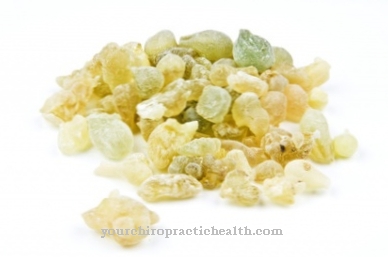
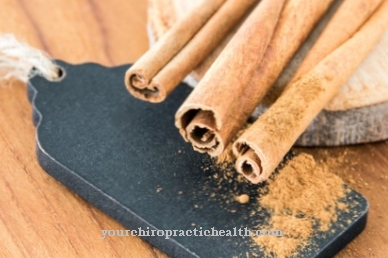
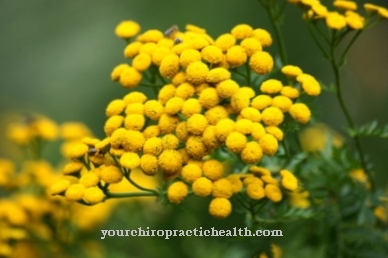

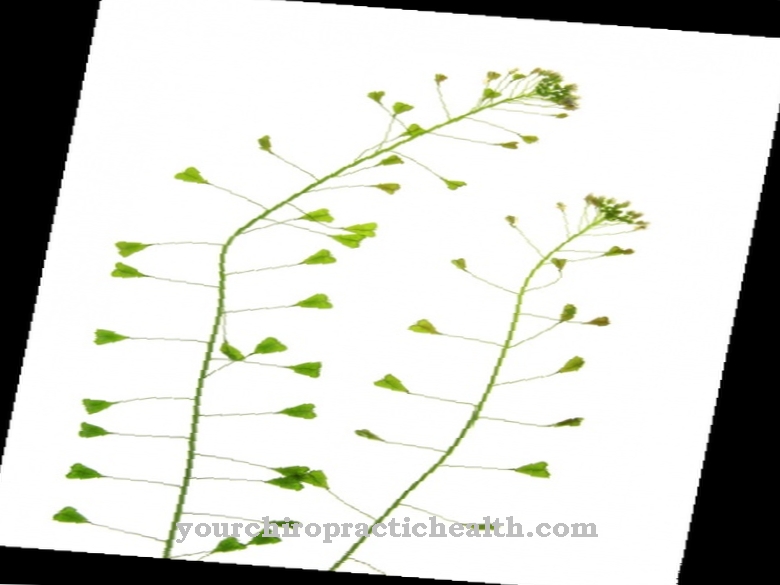
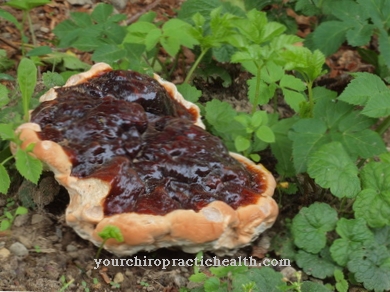

















.jpg)



